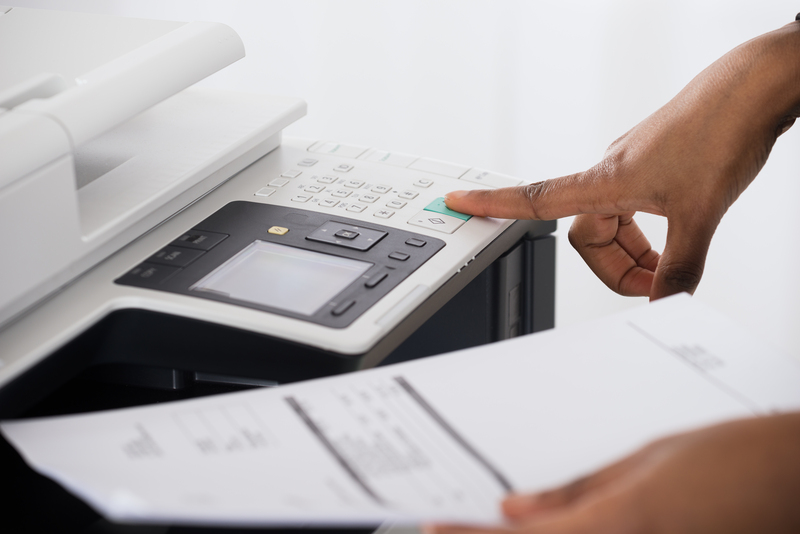The Fight Against Microplastics
Posted on 05/11/2024
Microplastics have become a ubiquitous menace in modern society, infiltrating our ecosystems and posing threats to human health. Understanding their origins, impact, and the measures we can take to mitigate their effects is crucial in the global fight against this pervasive pollution.
What Are Microplastics?
Microplastics are tiny plastic particles, usually less than 5mm in diameter, that originate from various sources. These particles can be categorized into two types:
- Primary microplastics: Manufactured small in size, often found in products such as cosmetic scrubs, microbeads, and industrial abrasives.
- Secondary microplastics: Resulting from the fragmentation of larger plastic waste due to environmental exposure.

Sources of Microplastics
Microplastics enter the environment via multiple routes, which include:
- Cosmetics and Personal Care Products: Many exfoliants and toothpastes contain microbeads.
- Textile Fibers: Synthetic clothing sheds microfibers during washing.
- Industrial Processes: The production, transportation, and handling of plastic pellets lead to spillage and fragmentation.
- Degradation of Larger Plastics: Plastics, exposed to sunlight and mechanical forces, break down into smaller pieces over time.
Environmental Impact of Microplastics
Microplastics pose severe environmental threats, especially to marine ecosystems:
- Marine Life: Microplastics are ingested by plankton, fish, and other marine animals, leading to physical harm and chemical contamination.
- Food Chain Contamination: The ingestion of microplastics by marine organisms means these particles can move up the food chain, potentially reaching human consumers.
- Ecosystems: Microplastics can alter the physical and chemical properties of marine and terrestrial habitats, affecting biodiversity.
Health Implications for Humans
The full extent of the health risks posed by microplastics to humans is still being studied, but potential hazards include:
- Ingestion Through Food and Water: Microplastics have been detected in seafood, table salt, and drinking water.
- Respiratory Exposure: Airborne microplastics can be inhaled and cause respiratory issues.
- Chemical Toxins: Microplastics can absorb harmful chemicals, which may be released into the body once ingested.
Efforts to Combat Microplastics
Several strategies can mitigate the proliferation and impact of microplastics:
- Regulation and Legislation: Policies banning or limiting the use of microplastics in products.
- Innovative Materials: Developing biodegradable alternatives to traditional plastics.
- Public Awareness: Educating the public about the sources and impacts of microplastics.
- Clean-Up Initiatives: Organized efforts to remove plastic waste from natural environments.
- Research and Development: Investing in technologies to detect, quantify, and remove microplastics from ecosystems.
Tips to Reduce Microplastic Pollution
As individuals, we can contribute by:
- Avoiding products with microbeads and opting for natural exfoliants.
- Choosing natural fibers for clothing and reducing the frequency of washing synthetic fabrics.
- Supporting policies and brands that promote sustainability.
- Participating in local clean-up activities.
- Reducing single-use plastics in daily life.
Pros and Cons
Pros:
- Increased Awareness: Global recognition of the issue is growing.
- Innovation: Advances in alternative materials and clean-up technologies.
- Policy Changes: Governments and organizations are implementing regulations.
- Community Involvement: Grassroots movements and individual actions are making a difference.
Cons:
- Challenges in Detection: Microplastics are difficult to quantify and monitor.
- Human Health Risks: The impact on health is not yet fully understood.
- Economic Costs: Reducing reliance on plastic can be expensive.
- Global Coordination: Efforts need to be unified and consistent across countries.

Takeaways
- Microplastics are a significant environmental and health concern.
- Both primary and secondary sources contribute to pollution.
- Marine ecosystems are heavily affected, with cascading impacts up the food chain.
- Public awareness, regulation, and innovation play crucial roles in addressing the issue.
- Individuals can make impactful changes through informed choices and actions.
Conclusion
The fight against microplastics is a multifaceted challenge requiring coordinated efforts from governments, industries, and individuals. By understanding the sources and impacts of microplastics and adopting proactive measures, we can mitigate their detrimental effects on the environment and human health. Through continued research, policy advocacy, and public engagement, we can pave the way for a cleaner, safer world.
Latest Posts
Planet-Friendly Disposal Strategies
House Waste Removal Made Easy: Top 5 Tools
Hard Rubbish: Identification & Disposal Tips





